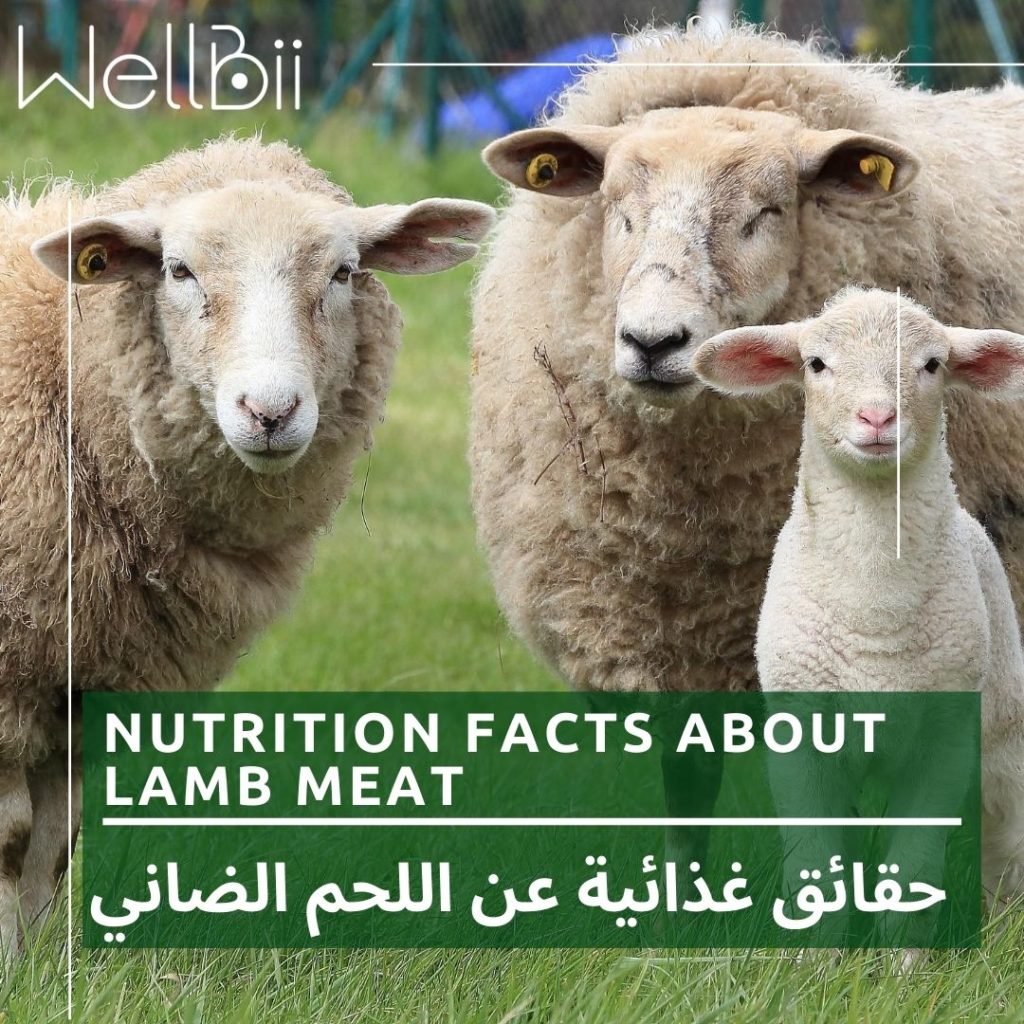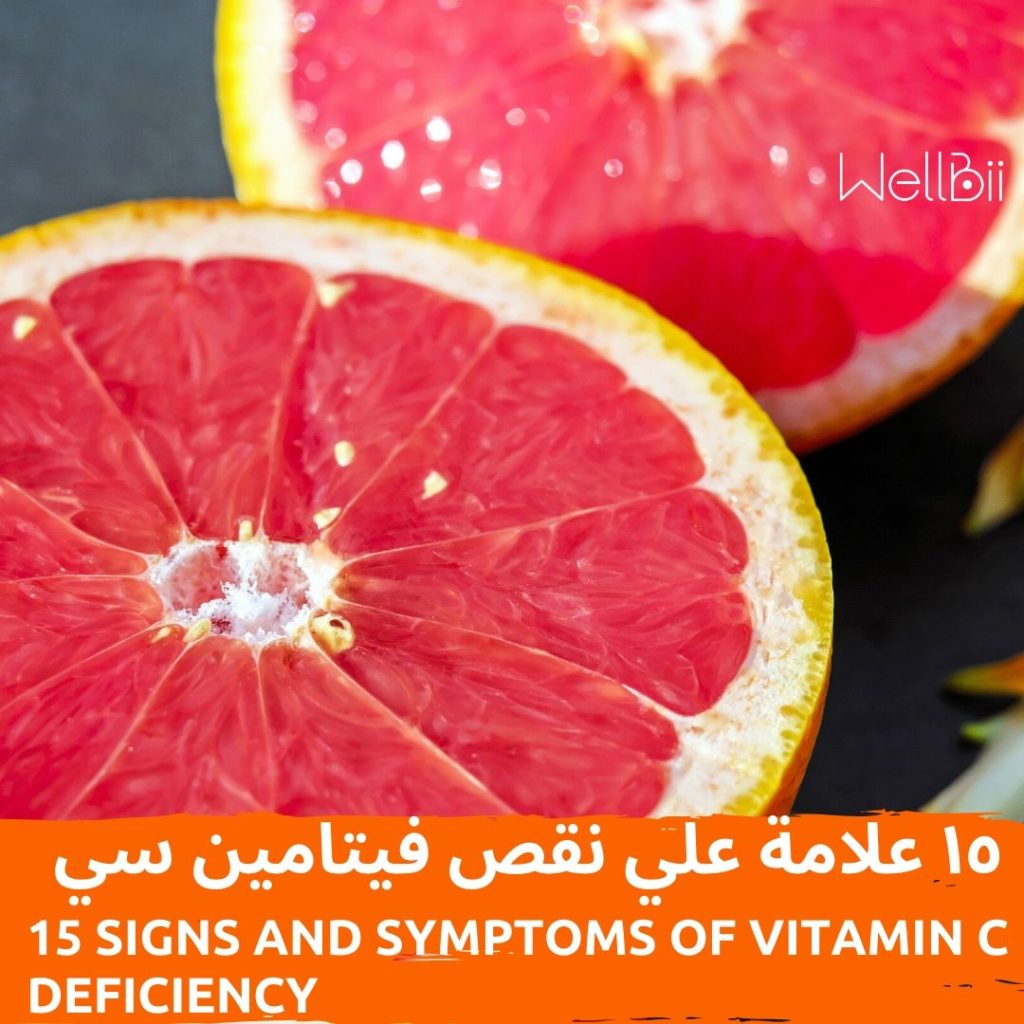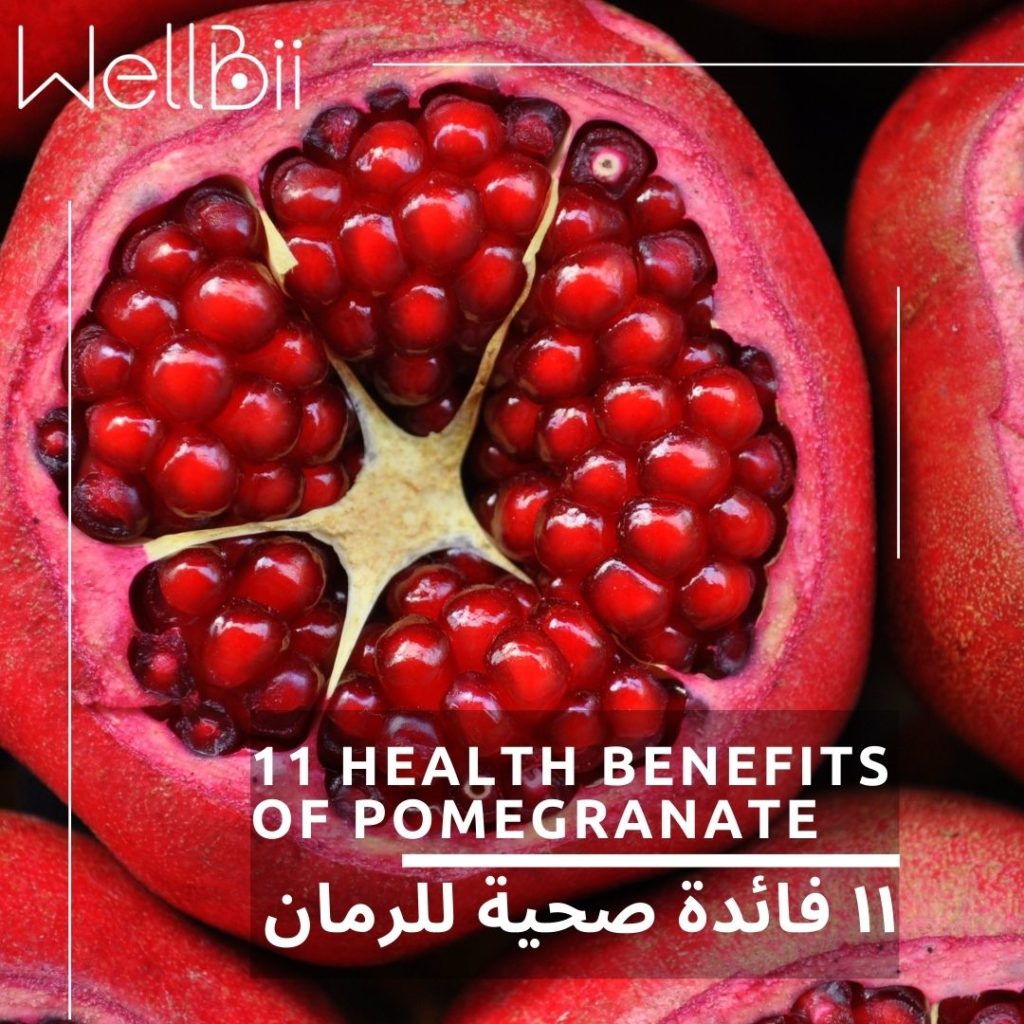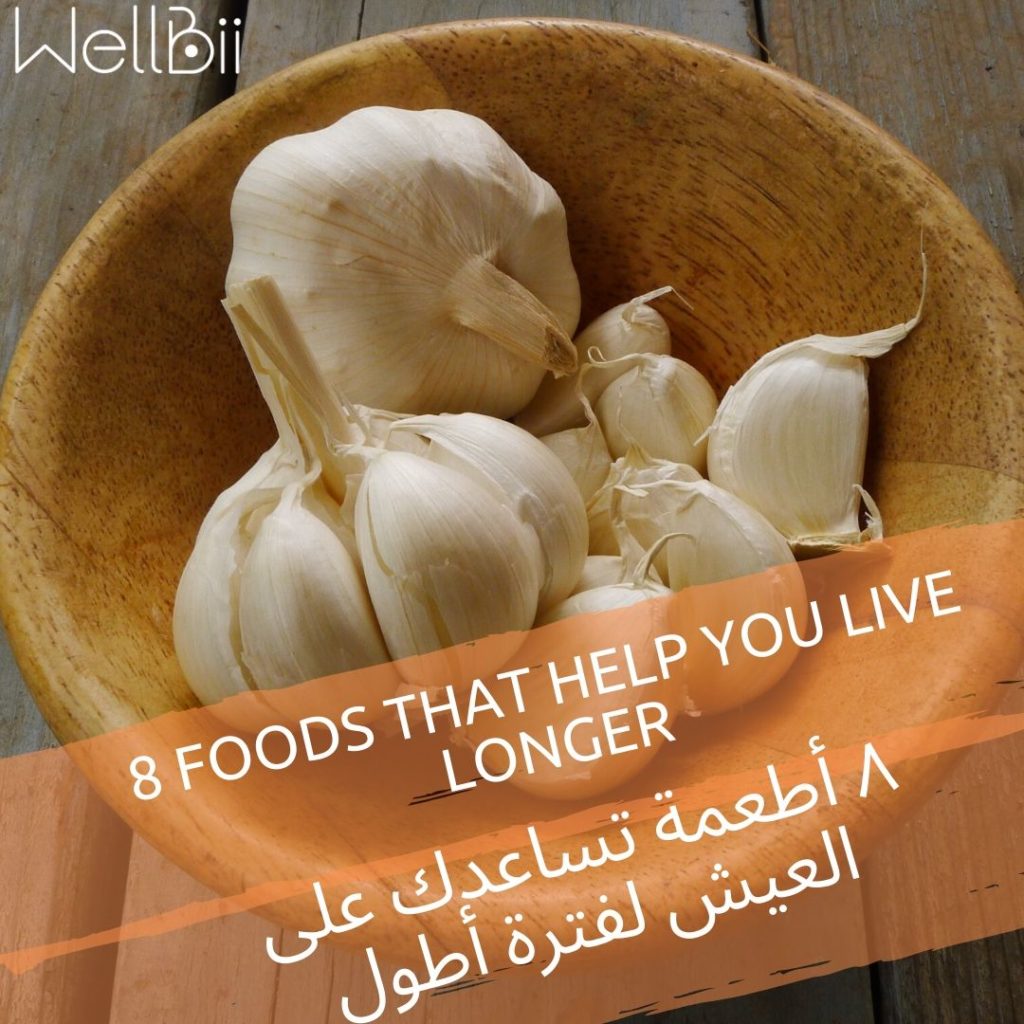NUTRITION FACTS ABOUT LAMB MEAT

As the Islamic world celebrates Al Adha feast this week, we brought you nutrition facts and health effects of Lamb meat. Being rich in high-quality protein and many vitamins and minerals, lamb can be an excellent component of a healthy diet. Here’s everything you need to know about lamb.
Anemia prevention
Anemia is a common condition, characterized by low levels of red blood cells and decreased oxygen-carrying capacity of your blood. The main symptoms include fatigue and weakness. Iron deficiency is a major cause of anemia but can be easily avoided with proper dietary strategies. Meat is one of the best dietary sources of iron. It not only contains heme-iron — a highly bioavailable form of iron — but also improves the absorption of non-heme iron, the form of iron found in plants. This effect of meat is not entirely understood and is referred to as the “meat factor”. Heme-iron is only found in animal-derived foods. Therefore, it’s often low in vegetarian diets and absent from vegan diets. This explains why vegetarians are more at risk of anemia than meat-eaters. Simply put, eating meat may be one of the best dietary strategies to prevent iron deficiency anemia.
For online coaching click here
Improved physical performance
Lamb not only helps preserve muscle mass but may also be important for muscle function. It contains the amino acid beta-alanine, which your body uses to produce carnosine, a substance necessary for muscle function. Beta-alanine is found in high amounts in meat, such as lamb and beef. High levels of carnosine in human muscles have been associated with decreased fatigue and improved exercise performance. Diets low in beta-alanine — such as vegetarian and vegan diets — may decrease levels of carnosine in your muscles over time.
On the other hand, taking high doses of beta-alanine supplements for 4–10 weeks has been shown to cause a 40–80% increase in the amount of carnosine in muscles. Therefore, regular consumption of lamb — or other foods rich in beta-alanine — may benefit athletes and those who want to optimize their physical performance.
Muscle maintenance
Meat is one of the best dietary sources of high-quality protein. In fact, it contains all nine amino acids you need and is referred to as a complete protein. High-quality protein is very important for maintaining muscle mass — especially in older adults. Inadequate protein intake may accelerate and worsen age-related muscle wasting. This increases your risk of sarcopenia, an adverse condition associated with very low muscle mass. In the context of a healthy lifestyle and adequate exercise, regular consumption of lamb — or other high-protein foods — may help preserve muscle mass.
On the negative side, some observational studies have linked a high intake of red meat to an increased risk of cancer and heart disease. Because of contaminants, high consumption of processed and/or overcooked meat is a cause for concern. That said, moderate consumption of lean lamb that has been mildly cooked is likely both safe and healthy.
How do you like your lamb cooked?
For the full article click here






Responses